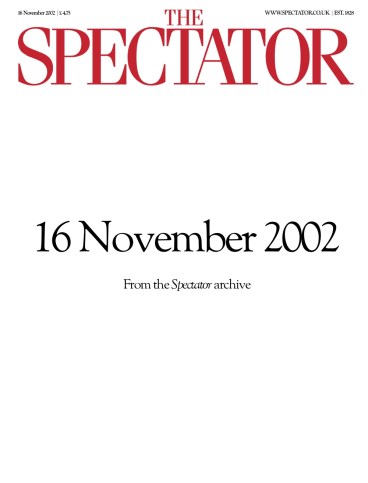Growing up the hard way
You don’t have to be Jewish to find this book rewarding, but you do need to be interested in humanity: every page seethes with it. There are no gruesome Holocaust testimonies: the youthful authors of these autobiographies, written in Poland in the years leading up to the second world war, had no premonition of the

